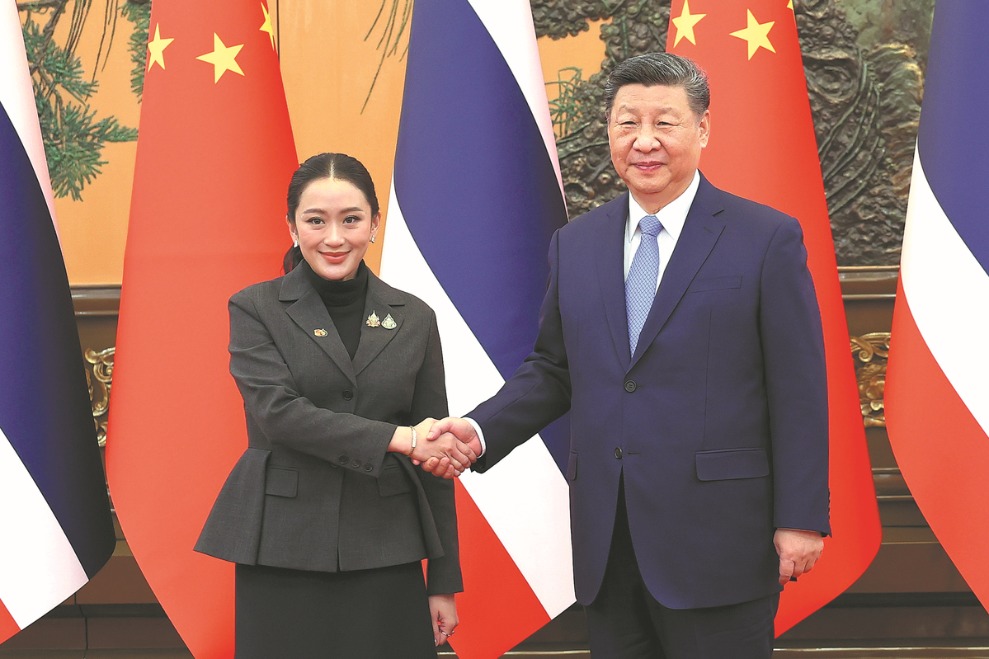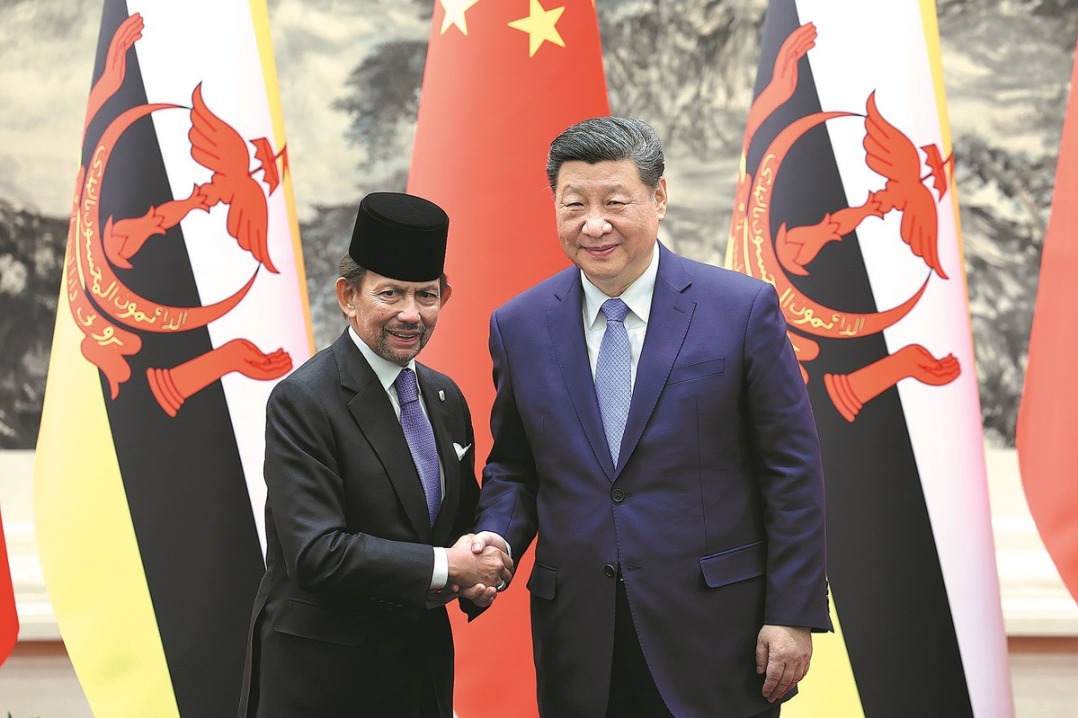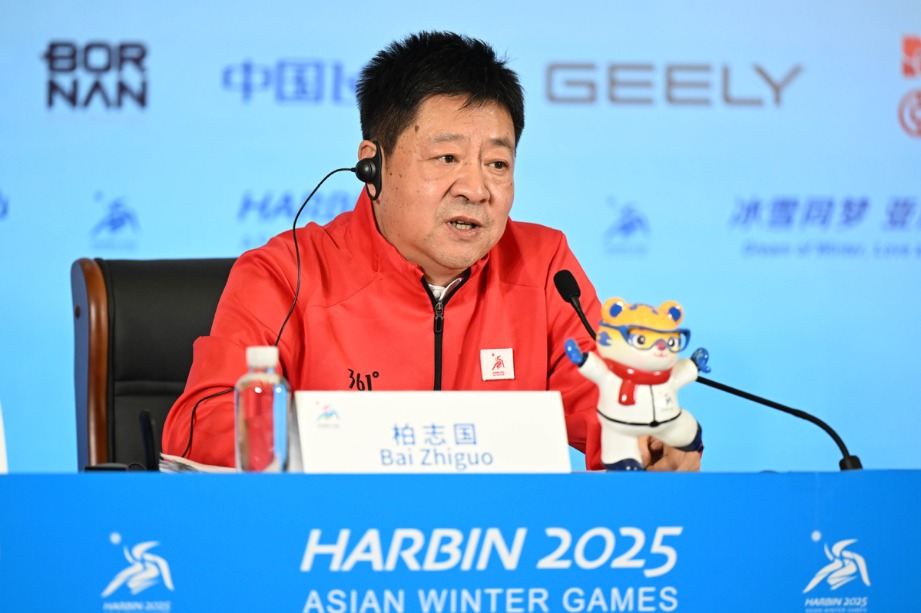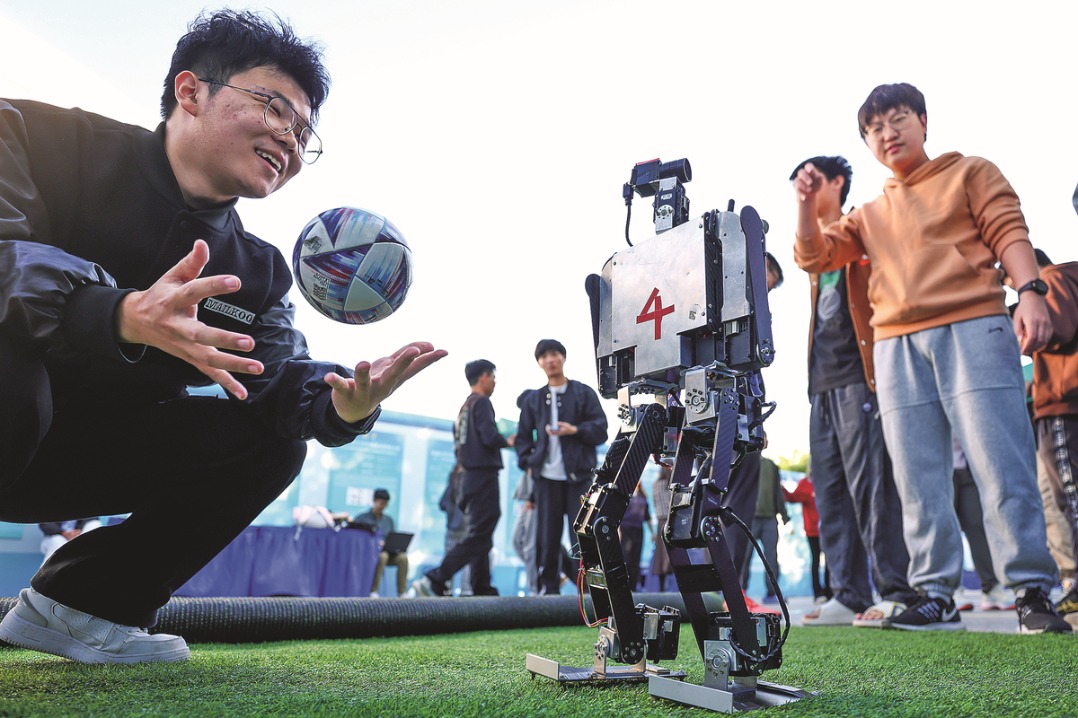DeepSeek reaffirms China's continuous rise


The emergence of Deep-Seek at the start of this year has sent ripples across the world. The sudden success of this Chinese-developed AI app is not just a technological breakthrough; it is a powerful statement about China's enduring strength in innovation and economic growth. This development challenges prevailing narratives about China's supposed stagnation, demonstrating that the idea of a "China Peak" is more fantasy than fact.
The rise of DeepSeek also highlights China's remarkable ability to push the frontiers of emerging technologies. As the world moves deeper into the 21st century, it is clear that China will continue to surprise the world in fields such as artificial intelligence, quantum computing and biotechnology.
Beyond its technological significance, DeepSeek offers a broader geopolitical lesson. Despite ongoing efforts to contain China, the country possesses more than enough internal resources, particularly in human talent, to remain at the avant-garde of modernity. The sheer scale and depth of China's talent pool, fostered by years of heavy investment in education and research, ensure that it will remain a formidable player in cutting-edge industries.
For the United States and the European Union, the only wise course of action is not to waste time attempting to counter China's rise but instead to focus on strengthening their own capacities. Rather than adopting a defensive posture, Western countries should recognize the necessity of competitive engagement with China through internal innovation while also seeking avenues for cooperation.
The notion of a "China Peak"-that China's economic and technological rise has plateaued or is in decline, has been a common theme in Western discourse in recent years. Analysts have pointed to slowing GDP growth, demographic challenges and geopolitical tensions as signs that China's best days are behind it. However, the rapid ascent of DeepSeek offers a stark counterpoint to this argument.
China's rise in AI is not accidental. It has been built on a foundation of strategic government policies, significant investment in research and development, and a growing ecosystem of private companies that are world-class innovators. The success of DeepSeek is part of a broader pattern that has been evident in other areas, from high-speed railways to electric vehicles and space exploration. The lesson is clear: China's technological momentum is far from over. If anything, it is accelerating.
One of the most striking aspects of DeepSeek's success is that it underscores China's ability to lead in technological innovation. For decades, critics argued that China's growth relied on imitation rather than genuine breakthroughs. However, this view has become increasingly outdated. While China once depended on adapting foreign technologies, it is now a global leader in AI and green energy solutions. The country is not merely catching up; in many areas, it is setting the pace.
DeepSeek's achievements reflect a larger trend in China's approach to innovation. The government has made AI a national priority, supporting start-ups, universities and research institutions with significant funding. This ecosystem fosters breakthroughs that position China at the forefront of emerging industries. Given China's strategic focus on quantum computing, biotechnology, robotics and space exploration, one should expect more disruptive innovations in the near future.
For years, the United States and its allies have sought to limit China's technological rise through export controls, investment restrictions and diplomatic pressure. However, the rise of DeepSeek demonstrates the limits of these containment strategies. Despite being prevented from accessing advanced semiconductors and other key technologies, China has continued to develop its own solutions. In fact, for China, external constraints serve as a catalyst for innovation. This reflects Proust's idea that "despite" is often an unrecognized "because".
One of the keys to China's resilience lies in its vast pool of human capital. The country produces more STEM graduates than any other nation. In 2020, 3.5 million Chinese students graduated in science, technology, engineering or/and mathematics, compared with 820,000 in the US and 220,000 in France. At the same time, Chinese universities have become progressively more competitive on the global stage. No Chinese university was in the top 50 of the Academic Ranking of World Universities in 2010. By 2024, six had made it to the top 50 list, including Zhejiang University, from where DeepSeek's founder Liang Wenfeng, graduated. In computer science, the Hangzhou-based Zhejiang University is ranked sixth globally.
In an interdependent world where knowledge circulates like never before, a zero-sum game approach is not only ineffective but also counterproductive. No decoupling can halt the circulation of knowledge, with China showing knowledge transfer is not destined to be unidirectional.
From the standpoint of Western countries, a fundamental shift in perspective is needed. Rather than viewing China's technological rise as a threat that must be countered, policymakers in the West should realize that competitive engagement with China can be a driver of progress. DeepSeek does not negate ChatGPT; rather, it expands AI's global capacity and serves as a harbinger of other stories that may emerge where talent, resources and ambition converge.
The DeepSeek surprise confirms that computing is being reinvented and that AI applications will fundamentally change the way we live and work. In these conditions, it is imperative that the international community as a whole discusses the best ways for AI to nurture human dignity and remain at the service of mankind's advancement.
The author is the founder of the China-Europe-America Global Initiative. He is the editor of China and the World in three volumes, and the creator of the Inspiring Series, a collection of books that aims to introduce China to the world.
The views don't necessarily reflect those of China Daily.
If you have a specific expertise, or would like to share your thought about our stories, then send us your writings at opinion@chinadaily.com.cn, and comment@chinadaily.com.cn.



































